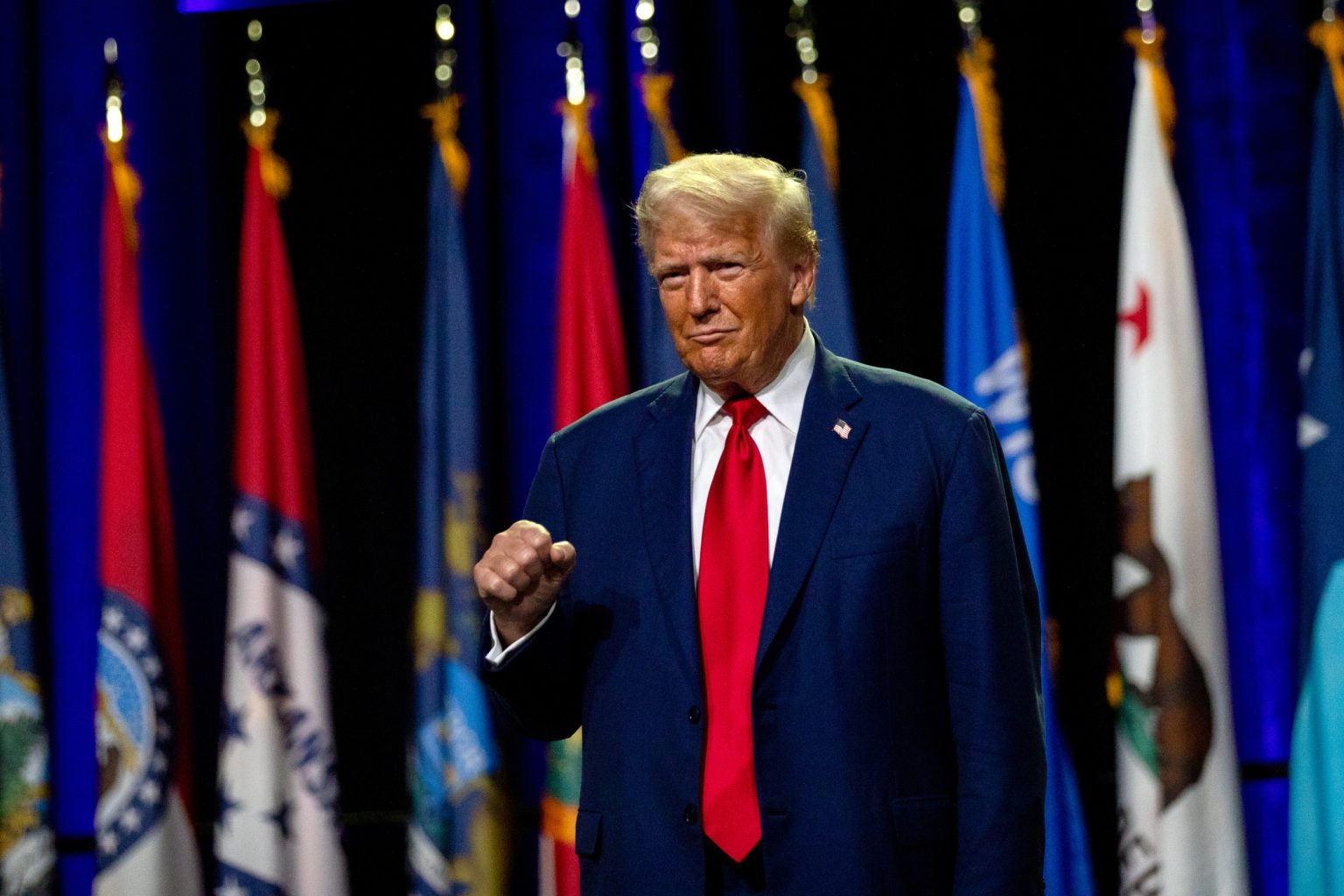Republicans are optimistic that current polls showing a close race between former President Donald Trump and Vice President Kamala Harris do not accurately reflect Trump’s level of support for the upcoming presidential election. While Trump outperformed his polling numbers in the 2016 and 2020 elections, pollsters believe that adjustments in methodology have minimized the likelihood of this occurring again. Changes such as using voter registration databases and weighting results for education have been implemented to ensure a more accurate representation of likely Trump supporters, particularly in rural areas and among non-college educated voters.
Despite leading President Joe Biden in polls earlier in the year, Trump is now either tied or trailing Harris in many national and battleground state polls. The Trump campaign remains confident in his dominance in the polls, attributing his strong support to a desire for policies that focus on America’s best interests. The debate surrounding Trump’s impact on polling practices has its roots in the 2016 election, where polling errors, particularly in Blue Wall states like Pennsylvania, Wisconsin, and Michigan, failed to accurately predict Trump’s victory. Although the polling industry’s focus on education in the 2020 election led to more accurate forecasts, Trump still outperformed these expectations.
The idea of “shy Trump voters,” individuals who support Trump but are hesitant to express it publicly, has been dismissed by polling experts who view it as a marginal issue. Pollsters face the challenge of accurately capturing the sentiment of likely Trump supporters who may be distrustful of media and institutions, leading them to avoid participating in polls. This trend is attributed to Trump’s ability to mobilize irregular voters, particularly in the 2016 and 2020 elections, making it difficult for pollsters to gauge their true level of support. While pollsters have made changes to address this issue, the true impact remains to be seen as the election approaches.
Republican strategist Sam Chen emphasizes the importance of not discounting the polls or assuming that the shy Trump voter effect will significantly influence the election outcome. Reflecting on the 2020 election, Chen notes that the silent majority of Trump supporters did not stay silent, indicating that their voices were heard through voting. As the Republican Party navigates the upcoming election, it is essential to consider the changing landscape of polling and voter behavior, adapting strategies to effectively engage with the electorate. Ultimately, the accuracy of polling in relation to Trump’s support will only be revealed following the election results in November.


